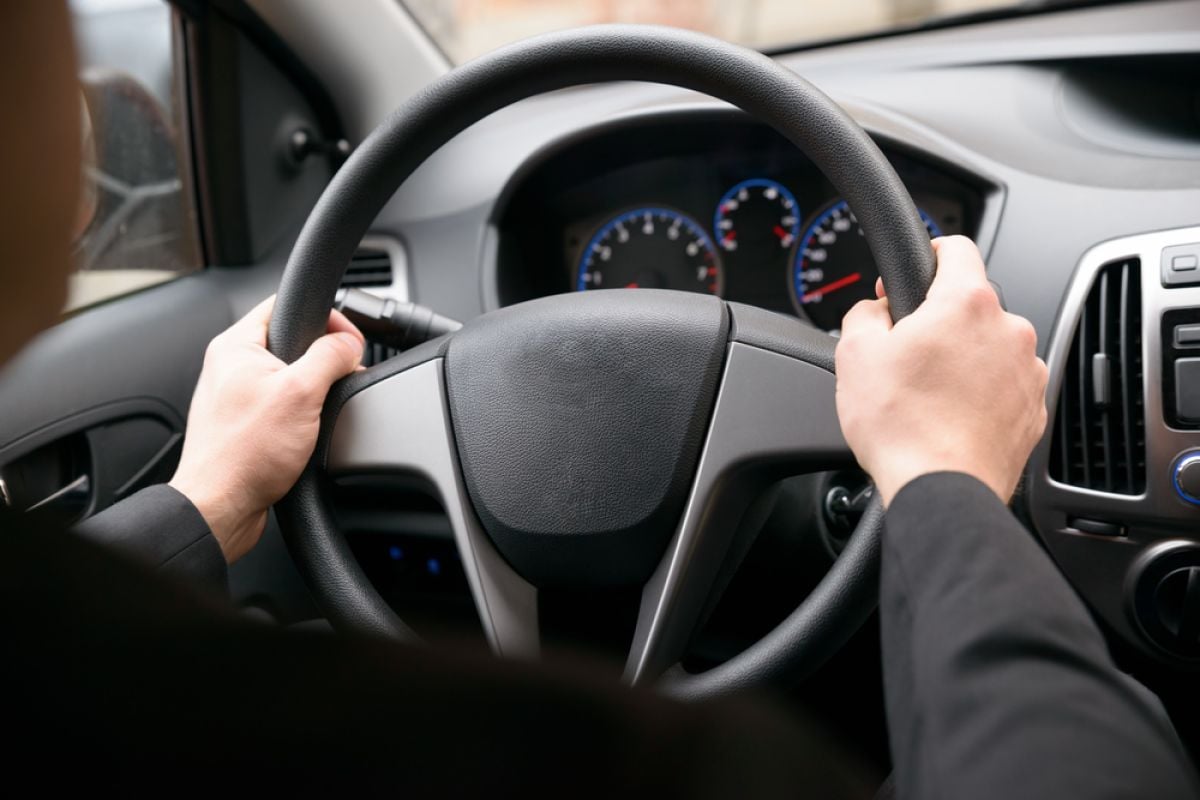
One of the biggest differences in driving laws between countries is which side of the road to drive on. In Ireland, motorists drive on the left-hand side of the road, and overtake on the right. Before you get behind the wheel, there are a few different requirements for you when driving in Ireland, depending on where you come from.
Do you need an international driver's license in Ireland?
If you already have a driving license from a country in the European Economic Area or European Union, then you can drive in Ireland using that license without any restriction. If you are settling in Ireland for the long term, you are able to exchange this license for an Irish one.
Other countries whose nationals can also exchange their licenses include most Canadian provinces, Taiwan, New Zealand, Switzerland, South Korea, South Africa, Jersey, Japan, Isle of Man, Guernsey, Gibraltar and Australia. If you do not want to exchange the license, you can drive using your home license for the first year of your stay.
For those from countries not covered as part of the exchange program, you will be able to drive on your local license for 12 months. After this point, you will have to complete the Irish driving test and get a local license.
How to exchange your driver's license in Ireland
If you hold a license already in one of the countries that is part of the license exchange program, you simply need to make an appointment at your local National Driver License Service (NDLS) centre.
You will need to have the following documents: a complete D401 driving license form, your license, evidence of your PPS number (your Personal Public Services number), proof of address, NDSL medical form from the last month if needed, CPC certificate (Certificate of Professional Confidence) if needed, a letter of entitlement from your home nation if needed.
If the documents are not in English, you need to bring with you official translations. When you are at the NDLS centre, they will take your photograph and signature. You will have to pay a fee of €65. As the NDLS has to contact your home country's driving authority, it can take as long as three months to obtain the license.
If you cannot avail yourself of the exchange program, you will then have to go through the entire process. This means you will first have to pass the driver's theory test, apply for the learner permit, and then complete the Essential Driver Training course. You will then have to pass the driving test before you can obtain your license.
Roads in Ireland
Most of the motorways in Ireland are relatively new and well-maintained. They have drastically decreased commuting time for those driving around the country. The roads in major towns and cities are usually quite good, but more rural areas will often have very narrow roads. Some roads will only have enough room for one car, so it may require some maneuvering.
Speed limits in Ireland
Speed limits will naturally vary depending on the type of road you are driving on, and they will be well signposted. Currently, there is a 120 km/h speed limit for motorways, 80 km/h for national routes that do not have motorway status, 60 km/h for regional and local roads and 50 km/h for built-up areas. Residential areas will usually have a speed limit of 30 km/h in place.
Tips on driving in Ireland for the first time
Before getting behind the wheel to navigate Irish roads, it's important that you familiarise yourself with the ins and outs of driving in Ireland.
- You will be driving on the left side of the road in Ireland.
- The metric system operates in kilometres and gallons.
- Use caution on narrow country roads, particularly if driving a large vehicle. There are plenty of passing places for this purpose, so keep an eye out for them and pull in to let any ongoing traffic pass. Also, be prepared to encounter large, slow-moving farm machinery on rural roads.
- If you are driving through the Irish countryside, drive slowly and keep an eye out for roaming sheep on the road.
- Wearing seat belts is mandatory for all occupants in a car, and failure to comply can result in a hefty fine and penalty points on your licence.
- The motorways have tolls, and they accept credit cards, as well as cash, and coins. The M50 motorway that circles Dublin has a barrier-free toll that you are required to pay by 8 pm the following day, or you will have to pay a penalty. You can pay this toll online at eflow.ie.
- There are plenty of roundabouts in Ireland, in both tiny villages and the big cities, so it's essential you know how to use them correctly. When approaching a roundabout, slow down and yield to any traffic on the roundabout coming from your right.
- Speed limit signs are round and outlined in red. The speed limit is in kilometres per hour. There are speed cameras on all types of roads in Ireland, so pay attention to the speed limits if you don't want a hefty fine.
- Parking can be stressful in the bigger cities like Dublin or Galway. Be prepared for costly parking rates. Generally, parking is free outside the indicated hours. Use public transport, or park outside the city centre instead.
- There are four different types of roads in Ireland. On road signs, M is for Motorway, N is for National road, R is for Regional road, and L is for Local road.
- Both the Irish and English languages appear on all road signs in Ireland.
- Most petrol stations are self-service, and there are popular chains such as Circle K, Maxol, Top Oil, and Applegreen operating throughout the country.
- Ireland is currently expanding its network of EV charging stations.
- The price of diesel in Ireland is around €1.71 per litre, and petrol prices average around €1.77 per litre (July 2025).
- Ireland has strict laws on drinking and driving; the legal blood alcohol limit is 0.05%, which equals less than one glass of wine or a pint of beer.
We do our best to provide accurate and up to date information. However, if you have noticed any inaccuracies in this article, please let us know in the comments section below.








